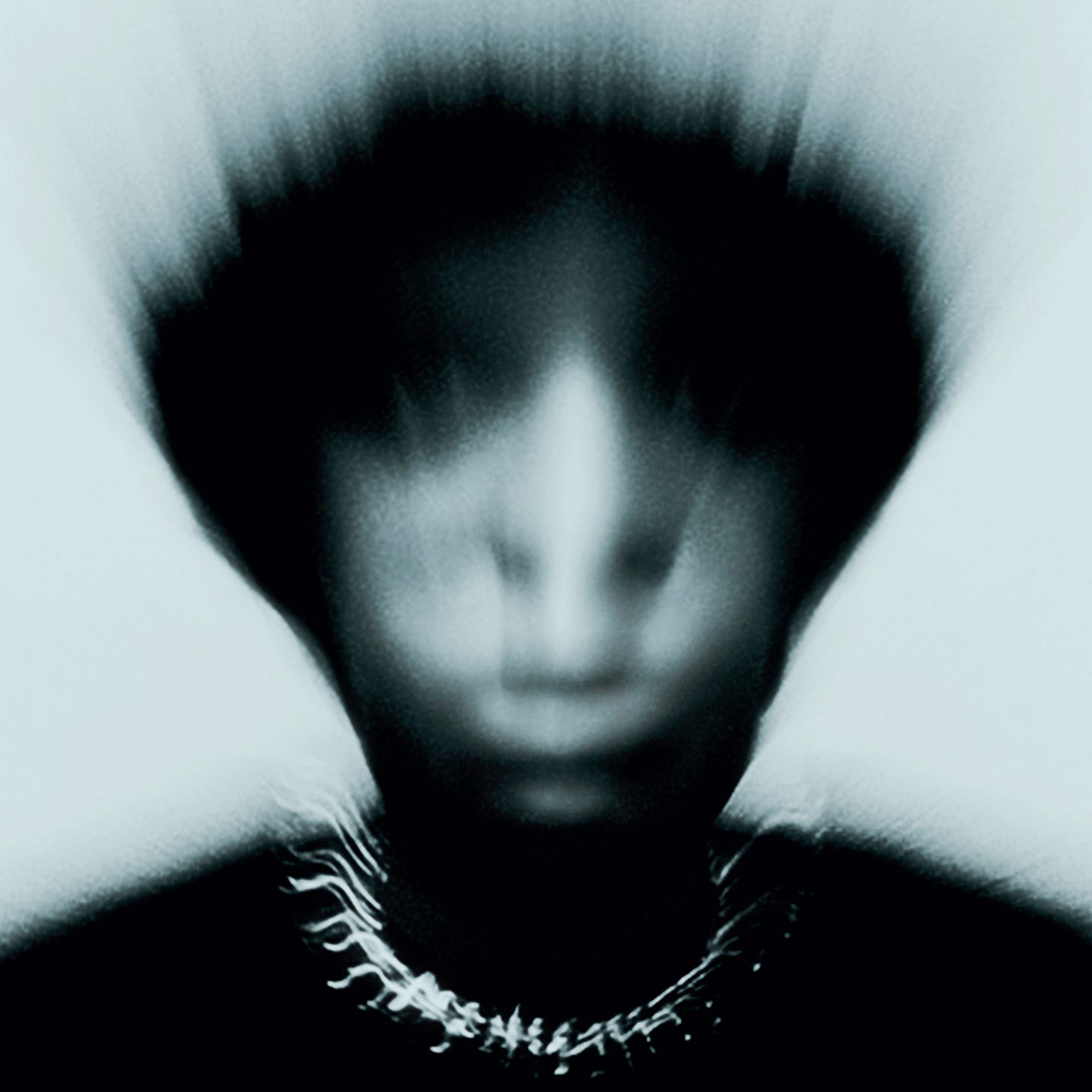Album Review: Zinc. by Gallant
Zinc embodies the essence of Gallant’s musical identity, forged through his experiences and collaborations. It presents an artist who has found his voice in the vast expanse of R&B music.
Maryland native Christopher Gallant pursued his studies at New York University before relocating to Los Angeles after graduation to advance his music career. In Los Angeles, Gallant caught the attention of Jake Udell, manager of electronic dance music acts Krewella and ZHU. This connection led him to collaborate with David Dann’s Mind of a Genius label, supported by Warner Bros. His debut album, Ology, was released in 2016. That same year, he unveiled “Skipping Stones,” a single co-produced by Adrian Younge and Stint featuring guest vocalist Jhené Aiko. Ology was nominated for a 2016 Grammy Award in the Best Urban Contemporary Album category.
Fast forward to 2024, the three singles: “Coldstar,” “Fly On the Wall (Osaka Version),” and “Crimes of Compassion,” released prior to Zinc, unveil distinct aspects of Gallant’s multifaceted talent. “Coldstar” presents a haunting glimpse into the chill of space and emotion, signaling a maturation in his thematic approach. With “Fly On the Wall,” he offers a personal window into his experiences as if inviting the audience to witness moments of his life quietly. “Crimes of Compassion” tackles the complexities of relationships, exploring how past encounters shape future interactions.
Before these releases, Gallant crafted worlds where his soulful vocals and introspective lyrics told stories of cosmic loneliness and connection, but not without its challenges. His 2019 album Sweet Insomnia suffered from creative conflicts amid personnel changes at the label, leaving all parties dissatisfied. Following Neptune in 2021, his collaboration with Terrace Martin on the EP sneek from last year was a different direction for him. Gallant ventured into experimental sounds in this project, blending his vocal talents with Martin’s jazz-influenced production. This undertaking shifted focus from cosmic isolation to the dance of human emotions, featuring tracks that allowed him to expand artistically, embracing a raw and refined style.
Embracing his newfound creative freedom and partnering with Mom+Pop, Zinc represents Gallant’s most ambitious project to date, yet it unfolds with subtlety and patience previously unseen in his work. He navigates between soaring heights and subdued depths, exuding a vitality that signals a deeper self-assurance. Throughout the album, he confronts personal and interpersonal struggles, infusing his music with introspection and emotional complexity. With a clearer vision of who he is and who he aims not to be, Gallant offers an album that is alive with authenticity and artistic integrity.
“Centigrade,” featuring the London singer-songwriter-producer NAO, captures the solitary reflections that follow heated disputes. Here, NAO is a counterpoint to the track, adding layers to the tension and resolution within the song. On the energetic “Atoms,” Gallant grapples with feelings of wrongful accusation and the burden of mending others’ problems. “Fly On the Wall (Osaka Version)” finds him seeking forgiveness for impulsive words spoken in anger, as mentioned lightly above, questioning his own recklessness: “How could I be so careless with my bottom lip?” He expresses a desire to correct past mistakes, admitting, “If I could do it again, I’d say, ‘Please don’t mind me.’” In “Lucid,” composed during a period of depression numbed by alcohol and television, his plaintive vocals are complemented by subdued beats that evoke introspective solitude.
Musically, Zinc showcases Gallant’s signature elements while introducing a refined focus on atmospheric textures. The songs are bound together by delicate ambient sounds that enrich his vocals rather than allowing them to echo into empty spaces, departing from the glitch-infused R&B of his debut album, Ology. The track “Monorail” pulsates with a submerged electric guitar-laced beat that phases in and out, hinting at a desire to explode into full-fledged footwork. Electric guitar flows through “Lucid,” while “Sticks + Stones” is gently accented with acoustic strings. Unlike his previous album, Sweet Insomnia, which relied heavily on guest features, Zinc opts for minimal outside input, making NAO’s contribution all the more noteworthy.
Although Stint didn’t supply the production this time, Gallant pairs nicely with Ariza, who did the majority of the album’s production. Listening to “Siberia,” he brings this haunting soundscape of vulnerability and longing, portrayed through evocative lyricism and atmospheric production. This carries over to “Kevlar,” while it may not be one of the standouts, the turbulent emotional landscape of vulnerability, self-doubt, and fragile buoyancy helps here. However, “Inside Job” sounds like a vintage Gallant track. He sets the scene in the opening verse (“In the back of the van I paid for my last line of credit/In the back of my mind there’s a trapdoor to the place that we left it”), then setting the stage for contemplation of regret and missed opportunities, evoking a strong sense of nostalgia and longing, while using the word “bomb” on the hook, as a metaphor of the sudden, explosive realization of loss and failure, a moment of self-doubt and regret.
While Zinc is Gallant’s most nuanced work, it intentionally departs from the liveliness of songs such as “Comeback,” “No More Tries,” “Julie,” and “Dynamite.” Typically known for his high vocal and instrumental register—as heard in the uplifting “Chemical Romance”—he now focuses on crafting sinuous soundscapes. The atmospheric focus binds the tracks with a subtle cohesion, more delicate than anything he’s produced before. Gallant aggrandizes his vocal presence by filling potential voids with rich ambient elements, creating a harmonious blend that defines the album’s essence.
Great (★★★★☆)
Favorite Track(s): “Sticks + Stones,” “Atoms,” “Centrigade”



